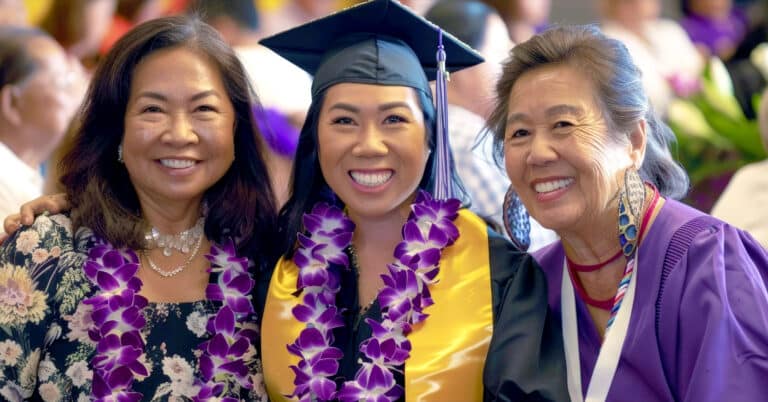My passion for student-centered systems change doesn’t come from the more typical education reform and innovation circles. Rather, it stems from early experiences working outside the education system with some of our most historically marginalized youth, combined with the research background I gained as I pursued answers for how to better serve these learners.

In my early career, I spent time tutoring prisoners with literacy challenges in Boston’s minimum-security jail; running readiness programs for middle school students in Dorchester and Roxbury who weren’t attending selective high schools or college at the same rates as their white, high-income peers; and, as a member of the “Back on Track” team at Jobs for the Future (JFF), designing ways to re-engage dropouts and accelerate their progress towards postsecondary credentials.
Through experiences like these, I saw firsthand the need to meet students where they are and to support their unique skills and passions to unlock their tremendous potential. These experiences were firmly reinforced by the research I have read and led as part of JFF and now KnowledgeWorks.
There is a substantial and growing body of literature on student-centered approaches that speak to how its major tenets – learner and educator agency, engagement and motivation, authentic assessments of learning and connection to real-world learning – lead to better outcomes for all students, particularly those marginalized by the current system.
Personalized, competency-based learning represents the true purpose of schooling: to meet students where they are, valuing their interests and passions and helping them to deepen their knowledge and accelerate their learning. Authentic assessment ensures students demonstrate competency before moving forward, addressing learning gaps along the way.
While leading a research project on competency development with the Boston Day and Evening Academy (BDEA), I witnessed how an emphasis on real-world connections and practical learning experiences could serve as the cornerstone of effective learning. Serving over-age, under-credited students that were pushed out of the traditional Boston Public school system, BDEA provided their learners agency and ownership, resulting in 98% of their students leaving with a post-secondary plan.
Personalized, competency-based learning isn’t just a powerful tool for equity; it’s an equity catalyst. This approach is not only about academic success; it’s about creating an inclusive system that values and supports every student, even those facing extraordinary challenges outside the classroom. And with its intentionally systemic approach, we can do more than serve a few lucky students in a handful of student-centered schools. The key conditions and structures of personalized, competency-based learning are demonstrating what’s possible at a large scale.
As we rethink education to better prepare learners for an uncertain future, embracing a student-centered approach can help ensure that all students, regardless of their background or circumstances, have the chance to succeed.
Tips for the Student-centered Learning Advocate
Reflect: When was a time someone met your needs in a personalized, meaningful way? How did that affect you?
Consider: How might you share the information in this article with others to effect change in your community?
Act: Share this article with someone outside the education system who would resonate with its message.
This was written by former Vice President of Impact and Improvement and Senior Advisor of Network and Engagement Rebecca E. Wolfe, PhD.






